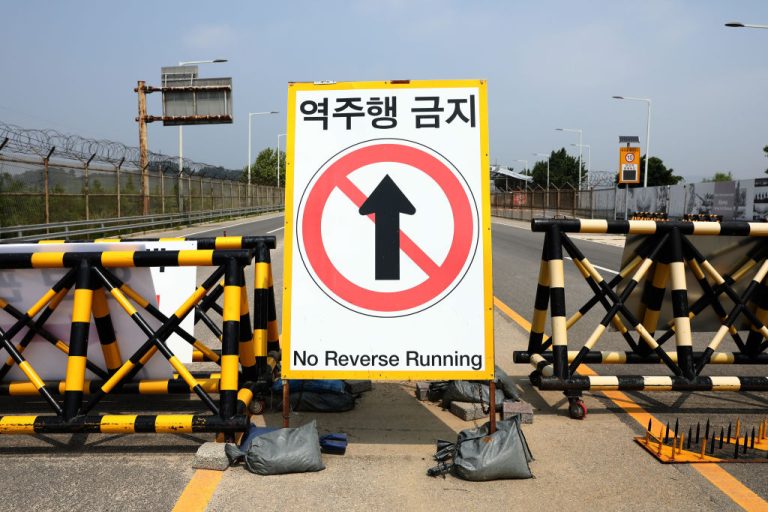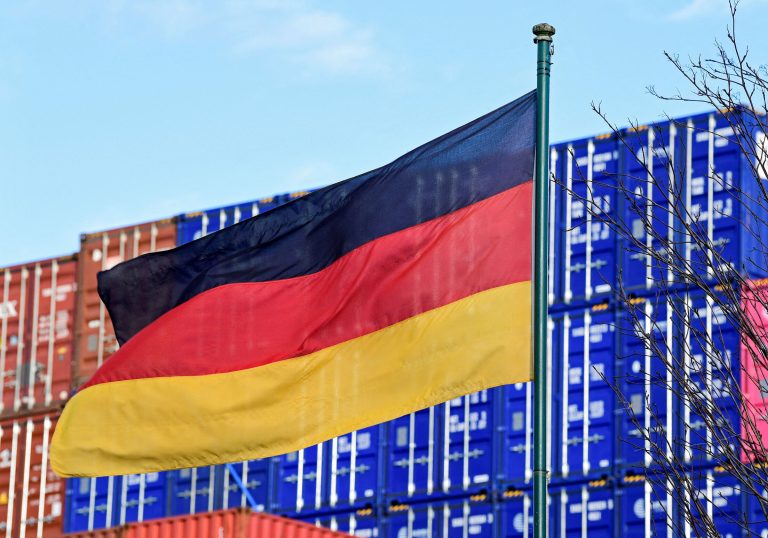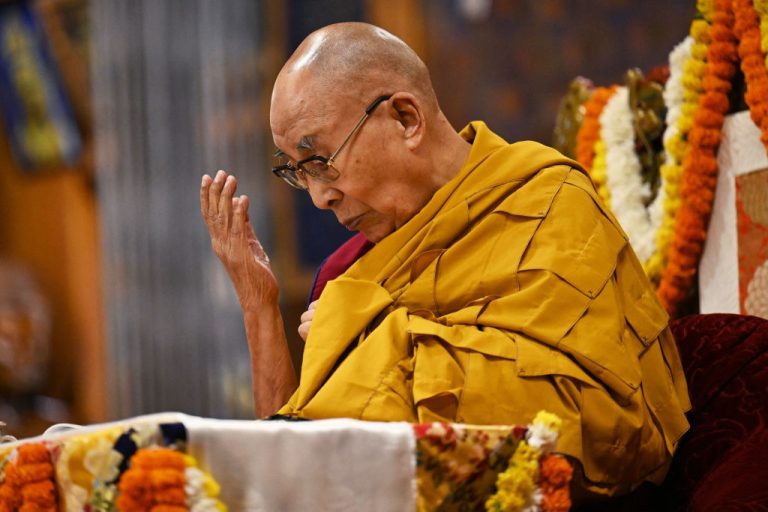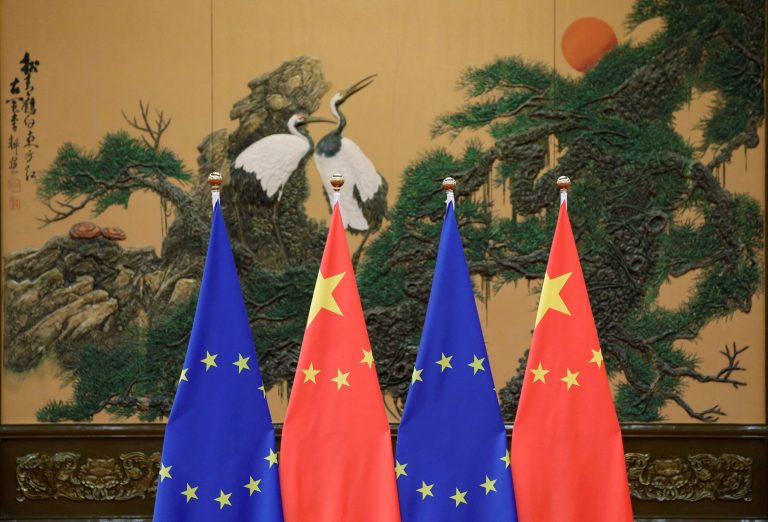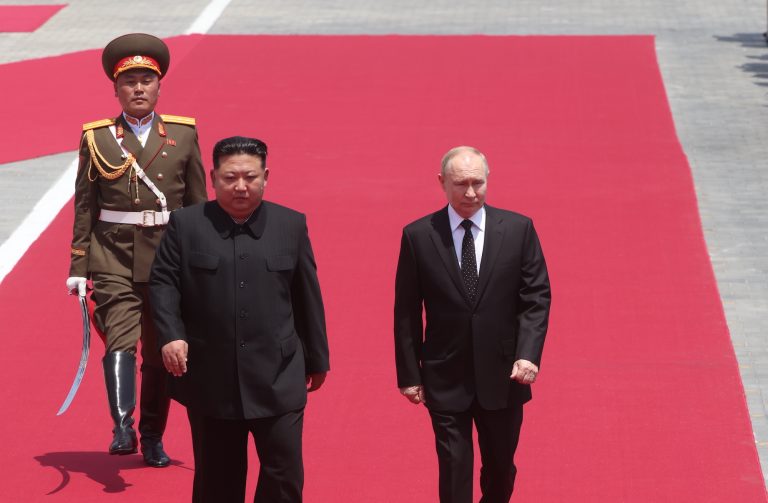On June 9, after North Korea dropped more than 1,000 filth balloons on its neighbors to the south, South Korea responded by escalating anti-North Korean propaganda.
In response to the propaganda, Kim Yo Jong, sister to North Korean leader Kim Jong Un, decried the South’s actions, claiming they are a “prelude to a very dangerous situation.” She also warned that if Seoul does not stop propaganda leaflets from flying north, they would face a “new response” from Pyongyang.
“I sternly warn Seoul to immediately cease its dangerous activities that would further provoke a crisis of confrontation,” Kim said in a statement published by the government’s own Korean Central News Agency.
According to Lee Sung Joon, spokesperson of South Korea’s Joint Chiefs of Staff, the South performed its broadcasts in properly armed locations, where soldiers could counter well if attacked. He also said Kim’s remarks “represented a heightened verbal threat,” the Associated Press (AP) reported.
“[We] don’t think that they could provoke us that easily,” Lee said.
Success
You are now signed up for our newsletter
Success
Check your email to complete sign up
The South Korean military also reported that North Korea released more trash-filled balloons Sunday night, though they did not confirm if any landed.
The Joint Chiefs of Staff did not say which part of the border the broadcast was played on Sunday afternoon or what was played, but they said they did not resume as of Monday morning. They also claimed that more broadcasts would be “entirely dependent on North Korea’s behavior.”
Past anti-North Korean broadcasts played along the border included propaganda messages, K-pop songs and other international news. But in 2018, former President Moon Jae-in pulled the broadcasts during a brief period in an attempt to improve relations between the two Koreas.
This recent exchange may see tensions between the two long-time adversaries rise.
READ MORE:
- US, Allies ‘Gravely Concerned’ by North Korea-Russia Cooperation
- South Korea and US Work on Joint Strategy to Counter Northern Nuclear Threat
- South Korea to Resume Military Activities Along Demarcation Line With North
Raining trash and manure
Last week, North Korea launched more than 1,000 balloons filled with trash and manure towards towns and cities in South Korea. Blown by the wind, they would then disperse its contents wherever they landed.
Fearing the balloons carried hazardous or lethal contents, the South Korean military sent explosive ordnance disposal units and chemical warfare response teams to check the balloons, warning residents to stay away and report balloon sightings to authorities. None of the balloons reported so far contained any dangerous contents.
This act from North Korea prompted the South to suspend a 2018 inter-Korean deal to reduce hostilities at the Demilitarized Zone (DMZ).
Kim Yo Jong claimed that 1,400 balloons were deployed, dropping 7.5 tons of rubbish throughout the weekend.
North Korea claimed that the balloons were launched as a response to a similar act by South Korean activists who sent balloons filled with anti-Pyongyang leaflets and USB sticks containing K-pop songs and dramas. The communist government feared that these materials could weaken its repressive rule, analysts said.
A civilian group in South Korea, led by North Korean defector Park Sang-hak, claimed that they sent 10 balloons to North Korea on June 6, carrying leaflets and USB sticks containing songs and dramas, along with $1 bills. Another group, as reported by South Korean media, did the same thing the next day.
In recent years, Pyongyang has launched a repressive campaign aimed to eliminate South Korean cultural influence. In January, Kim Jong Un announced that he would stop seeking reunification with the South and paint them as a definite enemy.
On Sunday, another incident sparked tensions as South Korean soldiers fired warning shots when North Korean troops mistakenly crossed the border, the South’s military said on June 12. The North’s soldiers fell back immediately, with no further engagement or movement happening since.



